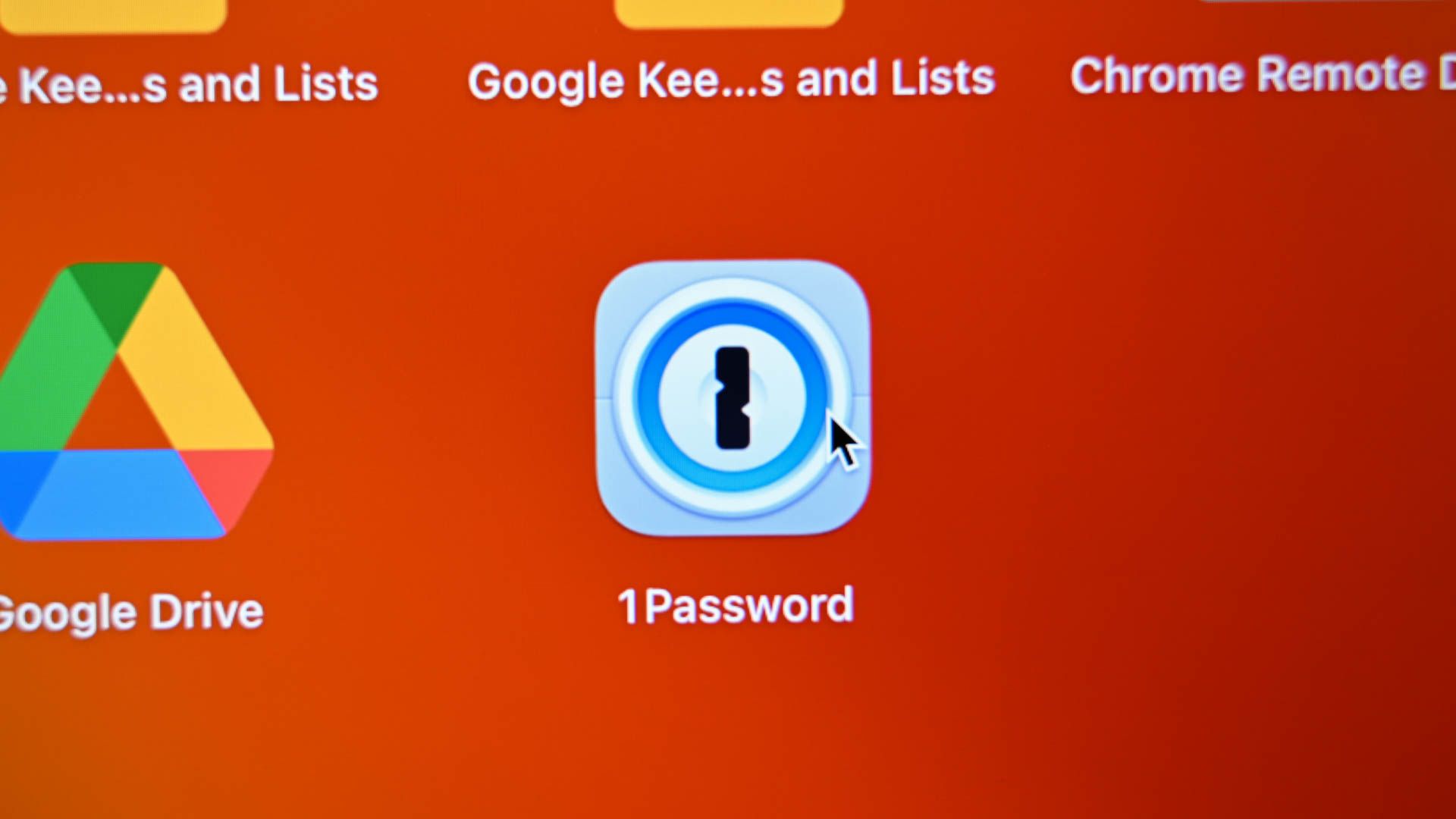The Importance of Deleting Old Online Accounts for Privacy and Security
Core Concepts
It is crucial to delete old online accounts to protect personal data, identity details, and credit card numbers from potential attackers or data breaches. The author argues that being selective about creating new accounts in the future can reduce privacy risks.
Abstract
Deleting old online accounts is essential to safeguard personal information from potential attackers or data breaches. The article provides tips on finding and deleting old accounts, as well as anonymizing them if deletion is not possible. It also emphasizes the importance of being more selective about creating new accounts in the future to reduce privacy risks.
Customize Summary
Rewrite with AI
Generate Citations
Translate Source
To Another Language
Generate MindMap
from source content
Visit Source
www.howtogeek.com
How to Delete Your Old Online Accounts (and Why You Should)
Stats
"We live in an age when data breaches are common."
"If you reuse passwords, a password leak at one site means that attackers can get access to your accounts at other sites."
"Consider being more selective about what accounts you create in the future."
Quotes
"We live in an age when data breaches are common."
"If you reuse passwords, a password leak at one site means that attackers can get access to your accounts at other sites."
"Consider being more selective about what accounts you create in the future."
Key Insights Distilled From
by Chris Hoffma... at www.howtogeek.com 03-03-2021
https://www.howtogeek.com/714981/how-to-delete-your-old-online-accounts-and-why-you-should/
Deeper Inquiries
What measures can individuals take beyond deleting old online accounts to enhance their privacy and security?
In addition to deleting old online accounts, individuals can take several measures to enhance their privacy and security. One important step is to use password managers to create strong, unique passwords for each account. This reduces the risk of a password leak at one site compromising accounts at other sites. Additionally, individuals should regularly monitor their online presence by conducting searches for their name, email address, and other personal information to identify any potential data leaks or unauthorized use of their information. It's also crucial to enable two-factor authentication whenever possible to add an extra layer of security to accounts. Furthermore, individuals should be cautious about the personal information they share online and consider anonymizing accounts they can't delete by changing the associated email address and personal details.
Is there any evidence suggesting that companies are making it easier for users to delete their old online accounts?
There is evidence indicating that some companies are taking steps to make it easier for users to delete their old online accounts. For instance, the California Consumer Protection Act (CCPA) legally compels companies to delete user data upon request from residents of California. This demonstrates a growing awareness of the importance of user privacy and the need for individuals to have control over their personal data. Additionally, platforms like JustDelete.me provide a convenient database with instructions for deleting a wide variety of online accounts, indicating a recognition within the industry of the necessity for simplified account deletion processes.
How does the increasing number of online services impact individual privacy and security?
The increasing number of online services has significant implications for individual privacy and security. With more services comes a higher likelihood of creating multiple accounts across various platforms, leading to an expanded digital footprint that increases the risk of exposure in case of a data breach or unauthorized access. Moreover, each additional account represents another potential entry point for attackers seeking personal information or financial details. The proliferation of online services also complicates account management, making it challenging for individuals to keep track of all their active and dormant accounts, thereby increasing the risk of overlooking outdated or unused accounts that may still contain sensitive information. As such, the growing number of online services underscores the importance of proactive measures such as regular account audits and selective sign-ups in order to mitigate risks related to individual privacy and security in today's digital landscape.
0
